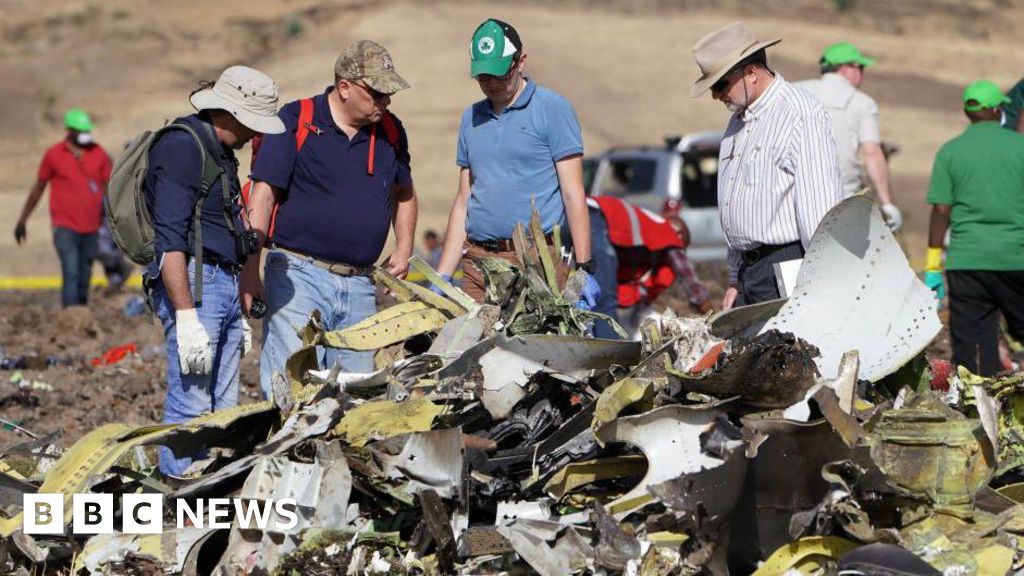Unlock the Editor’s Digest for free
Roula Khalaf, Editor of the FT, selects her favourite stories in this weekly newsletter.
Pakistan has defied international pressure to reconsider its mass expulsion of undocumented Afghan migrants, moving instead to accelerate the flow of returnees across the border to its Taliban-ruled neighbour.
A government order on Friday to expand processing facilities at crossings on the border with Afghanistan came on the same day that at least five police officers were killed and 20 injured in a bomb attack in northern Khyber Pakhtunkhwa province.
Pakistani officials have cited past attacks in the border province as justification for the decision to expel Afghan nationals, saying militants have slipped into the country in recent years under the pretence of being refugees.
Murtaza Solangi, information minister in Pakistan’s caretaker government, which is in place until a repeatedly delayed general election now scheduled for February 8, ruled out any halt to the expulsions.
“There is zero chance of going back on this decision,” Solangi told the Financial Times. “Our national interest must remain the top priority.”
However, one senior official said the government had quietly decided to selectively extend permission to stay in Pakistan for individuals who were “certain to be persecuted” and might even be killed if they returned to Afghanistan.
The official said these would include Afghan journalists, singers, artists and women’s activists who took refuge in Pakistan for fear of being persecuted under Taliban rule.
The selective relaxation is unlikely to influence the fate of the broad majority of Afghans who are now being returned. The official said the expansion of border facilities was likely to increase the number of people who could cross into Afghanistan every day to up to 40,000, from up to 20,000 previously.
Aid groups say about 1.7mn Afghans live in Pakistan without visas or refugee registrations, including at least 600,000 who fled the country after the Taliban returned to power in 2021. Some have been awaiting transfers to the US under a special programme for those who fear persecution.
Pakistan last month ordered all foreign nationals without valid visas or refugee registrations to leave before a November 1 deadline, sparking concern among international agencies.
Ravina Shamdasani, spokesperson for the UN High Commissioner for Human Rights, last week called on Pakistan “to suspend forcible returns of Afghan nationals before it is too late to avoid a human rights catastrophe”.
“Deportations without individualised determinations of personal circumstances, including any mass deportations, would amount to refoulement in violation of international human rights law,” Shamdasani said.
Many returning Afghans fear being subject to Taliban policies such as enforced religious observance and a ban on the education of girls.
“I have three daughters and they will have to be schooled at home,” said Amin Shah, an Afghan who has spent the last three years in Islamabad.
“We are taking some books back but I know my daughters will never be able to get a school certificate,” Shah said before departing for an Afghan border crossing.
Western officials have warned that in addition to regressive policies under Taliban rule in Afghanistan, the country also suffers from widespread deprivation intensified by international sanctions on the Islamist regime.
The Taliban swept to power in Afghanistan in 2021 as US forces withdrew from the country where they had been fighting for almost two decades.
A UN official in Islamabad said Afghans did not want to return to a nation still subject to sanctions and where there was no proper state structure. “Afghanistan is nowhere close to even beginning a recovery,” the official said.
Credit: Source link










